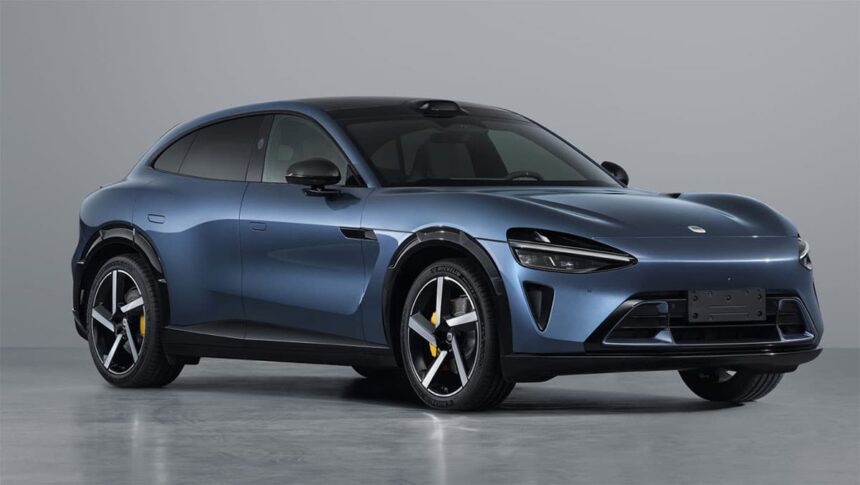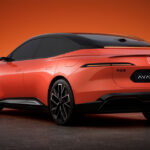Xiaomi has recently unveiled its second car, the Xiaomi YU7, as the company applied for its sales license in China. The vehicle will be manufactured at Xiaomi’s factory in Beijing, Yizhuang, as revealed in the homologation filings to the Ministry of Industry and Information Technology (MIIT).
In China, all cars must receive approval from the local regulator before being sold in the market. The MIIT publishes a list of monthly homologation applications, which often includes production version images and specifications of cars that have not yet been officially launched. Xiaomi took advantage of this by promptly releasing official pictures of the YU7 after the MIIT revealed its monthly list.
The Xiaomi YU7 is an all-electric SUV measuring 4,999 mm in length, 1,996 mm in width, and 1,600 mm in height, with a wheelbase of 3,000 mm and a curb weight of 2,405 kg. It is equipped with dual electric motors – a front 220 kW and a rear 288 kW – providing a total power output of 508 kW (681 hp) and a top speed of 253 km/h. The vehicle will be powered by a lithium NMC battery from CATL, although the capacity has not been disclosed yet.
Xiaomi had previously launched its first electric vehicle, the Xiaomi SU7, which saw over 100,000 deliveries by mid-November. The company aims to deliver 130,000 units of the SU7 by the end of the year, surpassing its initial target of 100,000 units. According to China EV DataTracker, Xiaomi delivered 112,516 EVs in China from March to November 2024, with 21,955 units delivered in November alone.
The Xiaomi YU7 is expected to be launched in June or July 2025, with an estimated price range between 250,000 and 350,000 yuan (approximately $34,000 to $48,000 USD). This pricing puts it in competition with the Tesla Model Y SUV, which starts at 249,900 yuan (about $34,000 USD) in China.
Overall, Xiaomi’s foray into the electric vehicle market with the YU7 showcases its commitment to innovation and sustainability, positioning the company as a key player in the evolving automotive industry.







